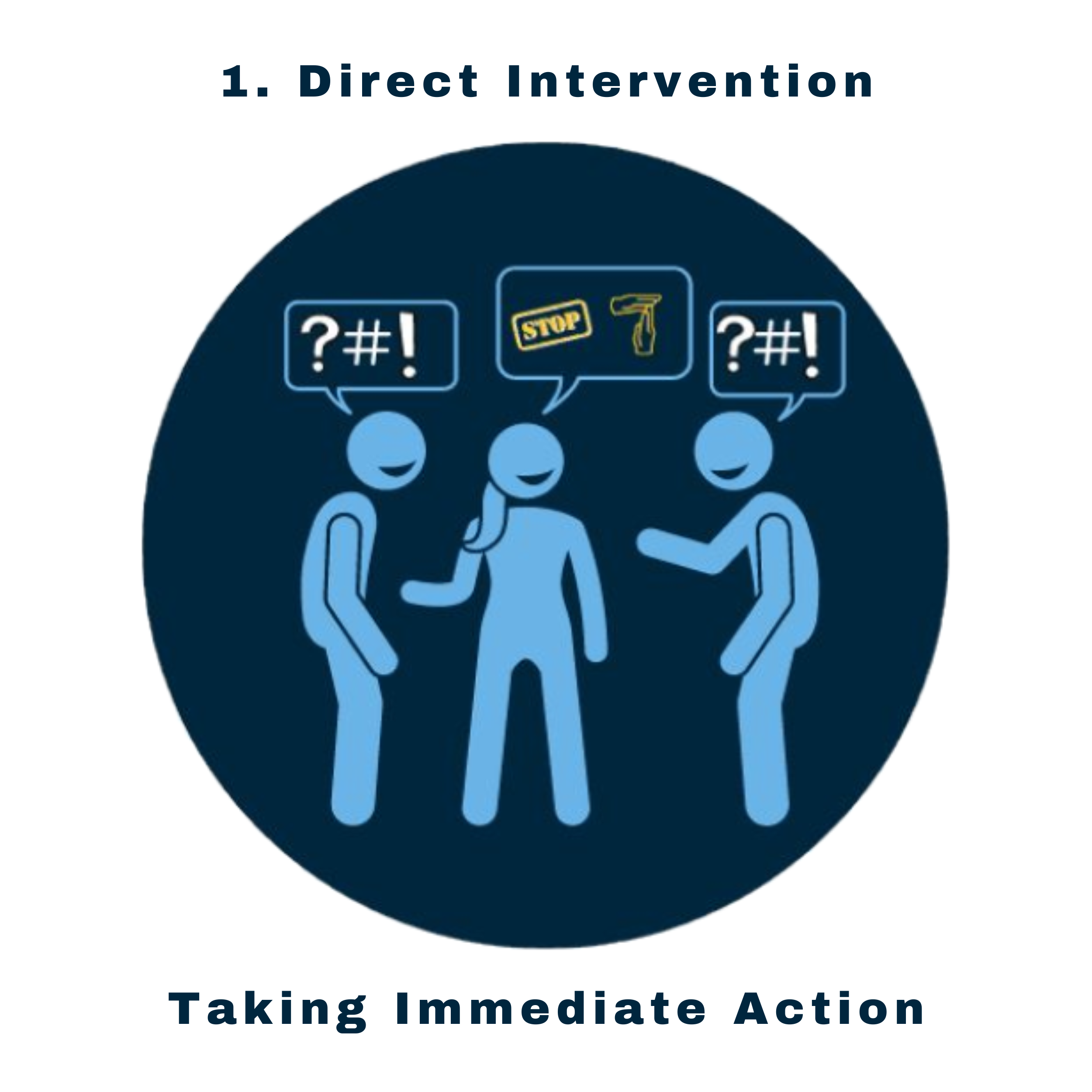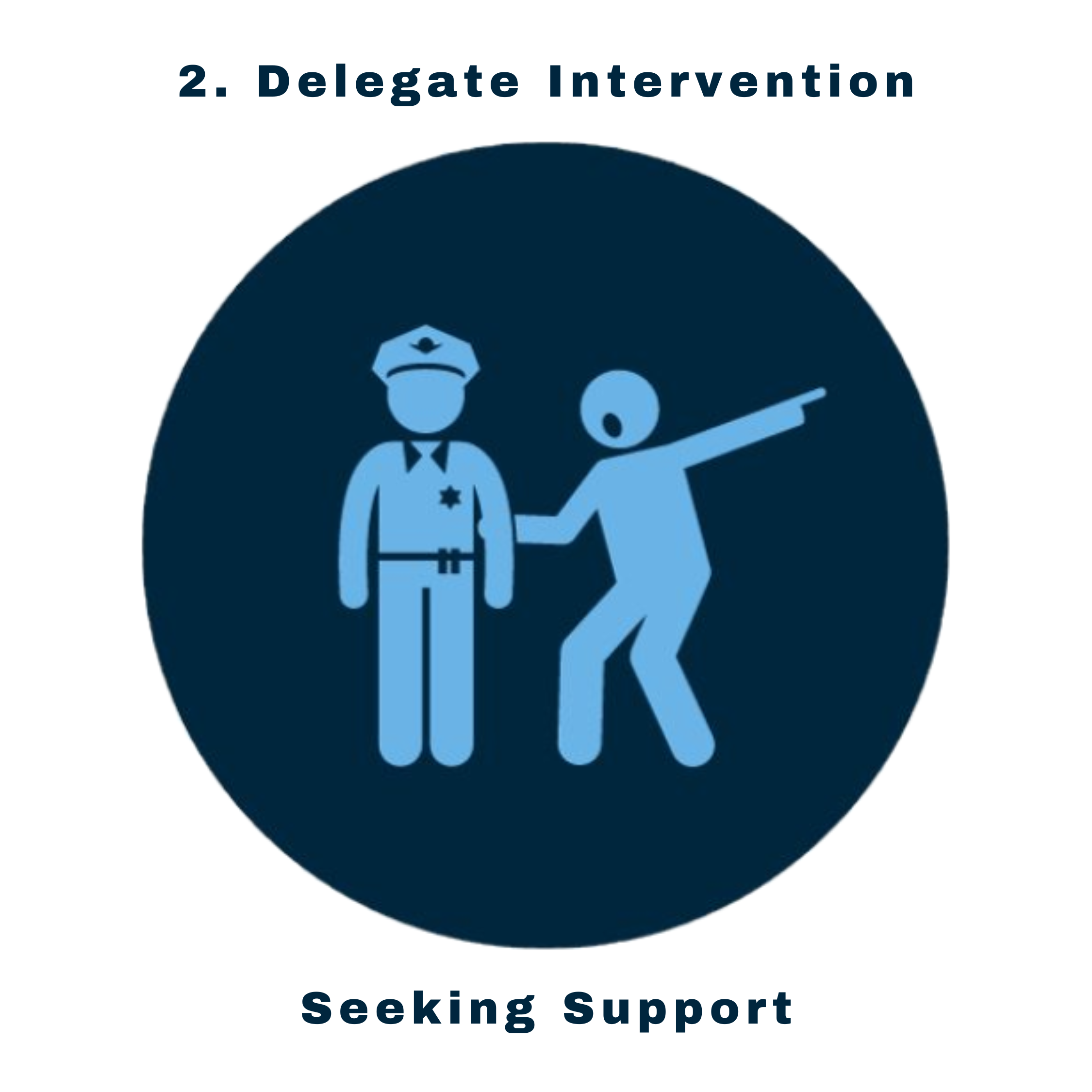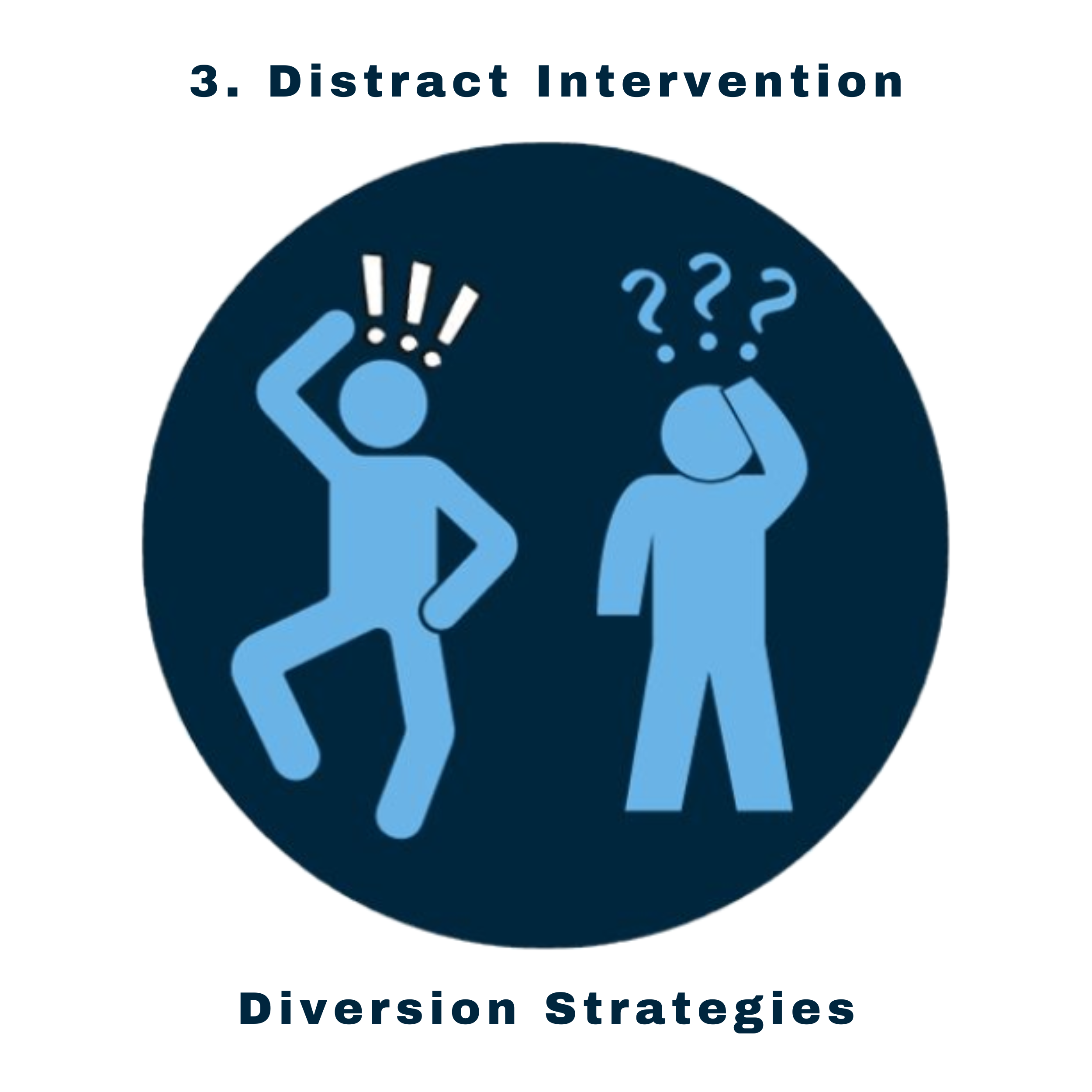CPA Prevention

Prevention works
We believe in fostering a community in which all students can access their education in an environment free of violence and harm. In order to achieve this goal, the Center for Prevention & Advocacy relies on evidence-based strategies to transform our campus culture. If you are curious about the theories and strategies that inform our work, please email us at pacenter@suno.edu. Click here if you are interested in learning more about ways to get involved.
Academic & administrative departments
Faculty and staff have critical roles to play in reducing the incidence and impact of violence on students. The Violence Prevention & Advocacy Program can help you with everything from a one-time training to designing and implementing a comprehensive plan to prevent violence within your school or department. Click here to learn more about what we have to offer your department.
Student organizations
Student organizations breathe culture and community into our campus life. They also offer important opportunities to create spaces where sex- and gender-based violence and harassment are intentionally prevented and addressed. Student leaders, consider asking the Violence Prevention & Advocacy Program to facilitate a conversation with your organization. Click here to learn more about what we have to offer your organization.
Remember The Three "D's" Of Being A Good Bystander, by familiarizing yourself with the "Direct, Delegate, and Distract" approaches. You can become a valuable asset in creating a safer and more supportive campus environment for all.



Direct intervention involves stepping into a situation by addressing the people involved head-on, often requiring assertiveness and quick thinking to to achieve a positive outcome.
You can take direct action with confidence by doing actions, such as:
» Asking if someone is okay: Approach individuals who appear distressed or in need of help and offer assistance.
» Escorting an intoxicated friend: If a friend has had too much to drink, ensure their safety by guiding them out of a party or social event.
» Challenging offensive behavior: Politely but firmly address offensive jokes or comments made by someone to promote a respectful environment.
» Intervening in conflicts: Step in to mediate or defuse arguments or confrontations between others to prevent escalation.
» Preventing bullying: Speak up when you witness bullying or harassment and offer support to the victim.
» Standing against discrimination: Actively oppose discriminatory behavior or actions when you encounter them.
Delegate intervention is a smart approach when you feel unsafe, uncomfortable, or ill-equipped to intervene personally. You can seek assistance from someone better suited for the situation
You can effectively enlist assistance through various means, such as:
» Involving campus security: If you witness aggressive or dangerous behavior, call campus security to remove someone who is being aggressive and handle the situation professionally.
» Seeking assistance from Resident Assistants (RAs): If you're concerned about a roommate's well-being or relationship, inform your Resident Advisor, who can provide appropriate guidance and support.
» Engaging a closer friend: When you're not in the best position to assist someone, enlist a friend who has a closer relationship with them to check in on their welfare.
» Utilizing campus resources: Direct individuals in need to campus counseling services, health centers, or other relevant support structures.
» Reporting safety concerns: If you notice unsafe conditions or potential hazards on campus, report them to campus authorities or facilities management.
Southern University at New Orleans Police Department
Distracting involves using clever tactics to create interventions, redirecting attention away from a potentially problematic situation, and ultimately helping to de-escalate it.
You can utilize creative methods to intervene effectively, including:
» Engaging in friendly conversation: Strike up a conversation with someone who seems uncomfortable, diverting their focus from a distressing person or situation.
» Creating a diversion: Spill a harmless substance, like water, near individuals involved in an argument to distract and defuse tension.
» Pretending to know someone: If you see someone who appears to be feeling uncomfortable around another person or situation, approach them and pretend to know them, giving them an opportunity to gracefully exit the situation.
» Offering assistance: Approach someone who appears uncomfortable and ask if they can help you with a task, like finding your keys or a lost item.
» Using humor: Employ humor to lighten the mood and ease tension in awkward or uncomfortable situations.
